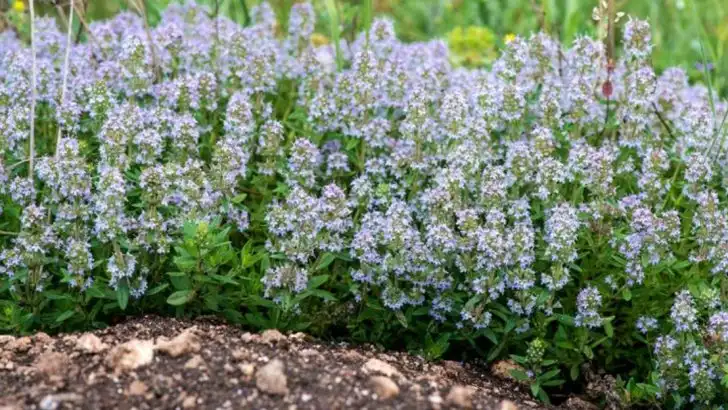Your garden can smell like heaven—and keep pests at bay. Yes, some herbs don’t just charm your nose; they’re fierce defenders against unwanted bugs. Imagine walking through a fragrant fortress where the air is thick with mint, rosemary, and basil—while aphids and beetles run for cover. But wait, there’s more! Some herbs don’t just fend off pests; they supercharge the growth of their neighbors. Think of them as the ultimate garden cheerleaders, pumping up tomatoes, peppers, and more with a leafy high-five. We’re diving into nine herbs that send pests packing and six more that boost your plants’ mojo. Ready to turn your garden into a scented battleground with a growth boost? Grab your gloves—this is one aromatic adventure you don’t want to miss!
Basil
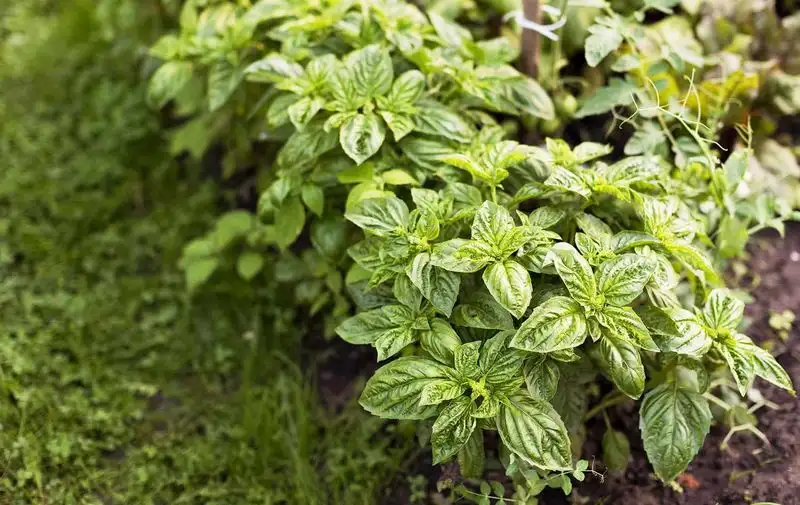
Basil’s aroma is both a culinary delight and a gardener’s secret weapon. Its aromatic oils deter common pests like mosquitoes and flies. Imagine a summer evening, where basil’s scent mingles with the warm breeze, keeping unwanted insects at bay. In addition to its pest-repelling properties, basil enhances the flavor of nearby tomatoes, creating a harmonious garden pairing. Did you know? In ancient times, basil was believed to have protective powers. This versatile herb not only uplifts culinary dishes but also safeguards your garden in a most fragrant manner.
Lavender
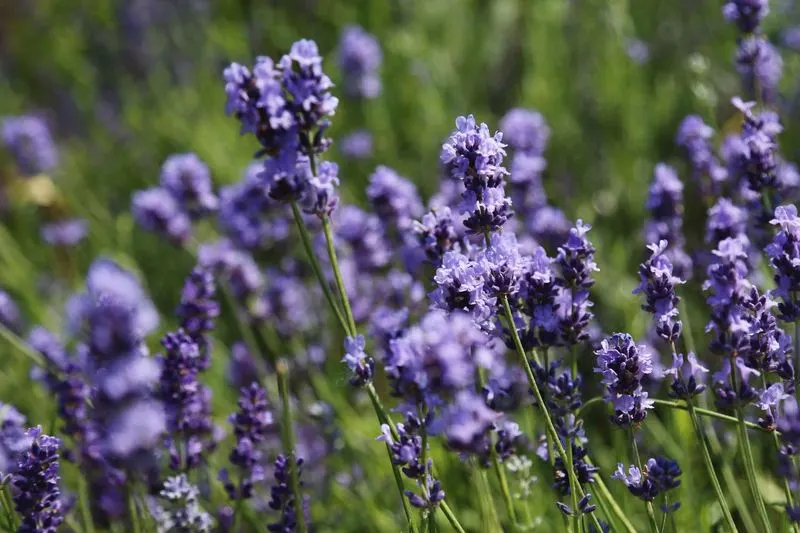
Lavender’s soothing aroma isn’t just calming for the senses; it also acts as a natural pest deterrent. The distinct scent keeps moths, mosquitoes, and fleas away, making it a must-have for garden borders. Picture a peaceful garden path lined with lavender, where each step releases a gentle fragrance that repels unwanted guests. Beyond its pest-fighting abilities, lavender attracts pollinators like bees, enhancing the vitality of your garden. Historically, lavender has been used in sachets to protect clothing from moths, showcasing its enduring utility.
Rosemary
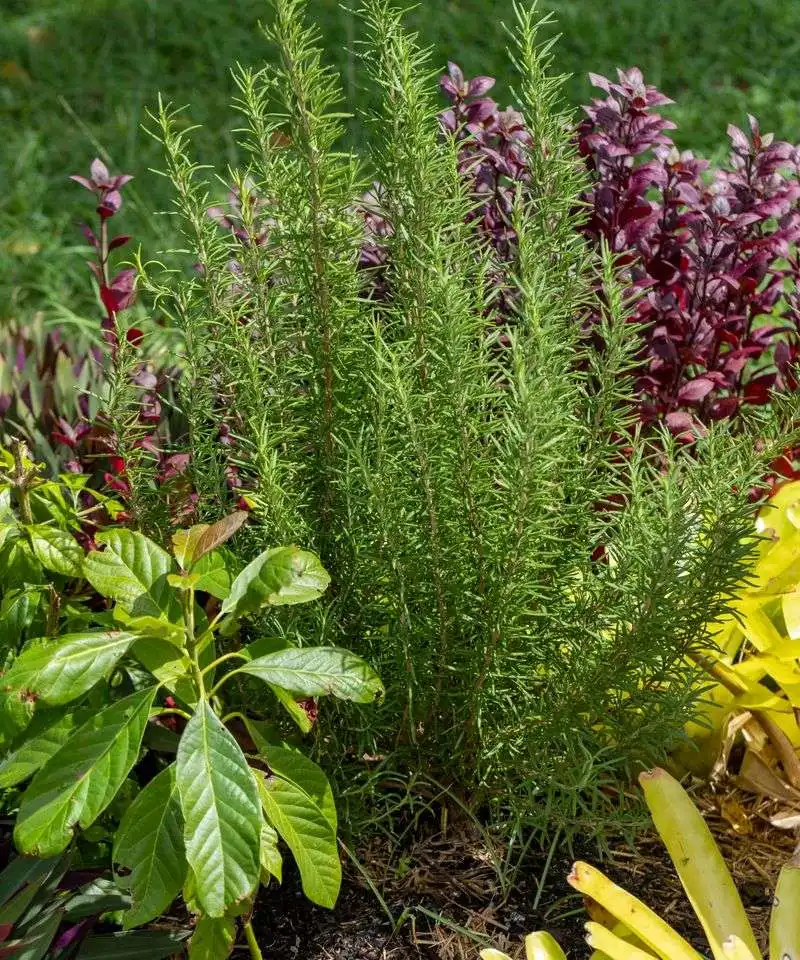
Rosemary’s robust scent is more than just a culinary treasure; it acts as a natural barrier against garden pests. Its pine-like aroma keeps insects such as cabbage moths and carrot flies at bay. Envision a garden where rosemary bushes stand as vigilant sentinels, their scent wafting through the air, protecting delicate vegetables. Rosemary is also known for its enhancing effect on memory. Historically, students would wear rosemary sprigs during exams. This herb’s multifaceted nature makes it a valuable ally in any garden.
Mint
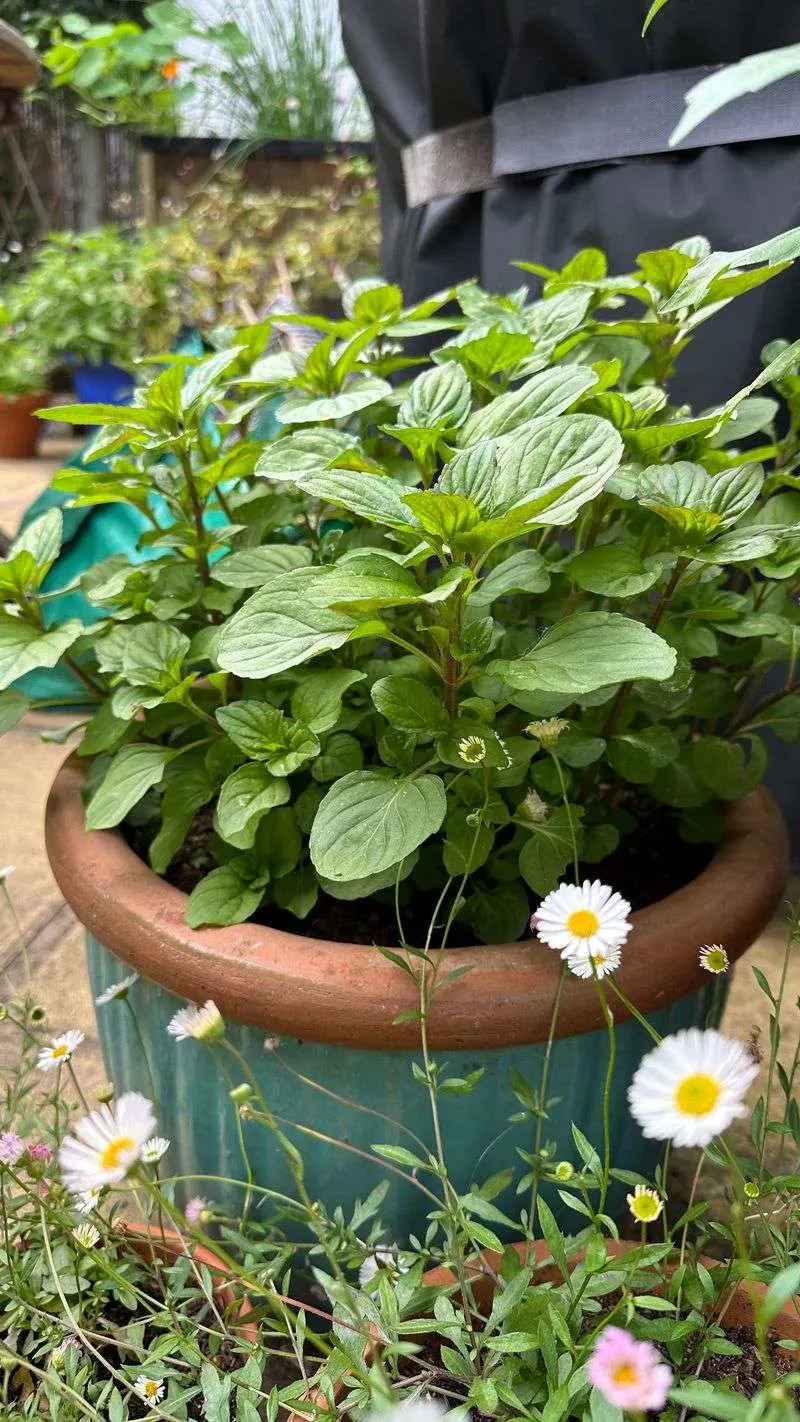
Mint’s invigorating scent is a natural pest deterrent, making it a favorite among gardeners. Its sharp aroma keeps ants, aphids, and fleas away. Visualize a garden where mint grows abundantly, its scent mingling with the air, creating a refreshing atmosphere while protecting your plants. Mint also makes a delightful addition to beverages and salads, enriching flavors with its cool undertones. Fun fact: Mint has been used since ancient times as a symbol of hospitality. Its dual role as a flavor enhancer and pest repellent makes it indispensable.
Sage
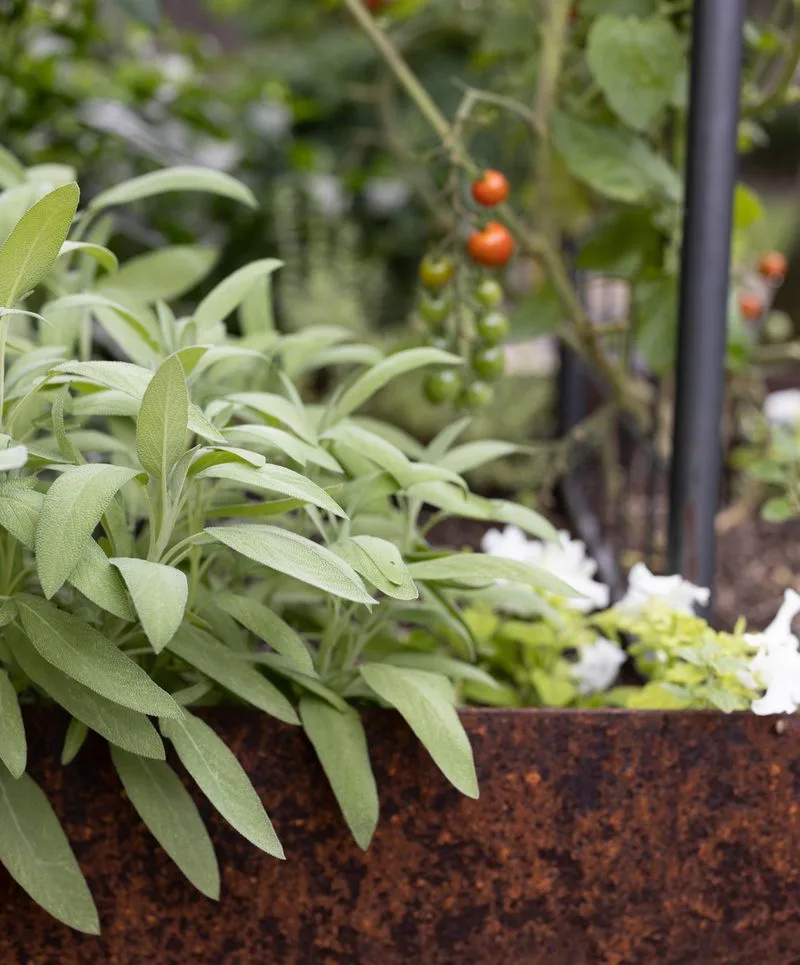
Sage’s earthy aroma is more than a culinary staple; it’s a natural insect deterrent. Its scent discourages slugs and beetles from creeping into garden beds. Picture a garden where sage’s presence is felt through its aromatic leaves, standing guard against unwanted pests. Sage pairs perfectly with rosemary in the kitchen, offering depth to flavors. Historically, sage was thought to enhance wisdom and longevity. Its protective nature in the garden translates to a long-standing herbal ally, useful for both its culinary and practical applications.
Thyme
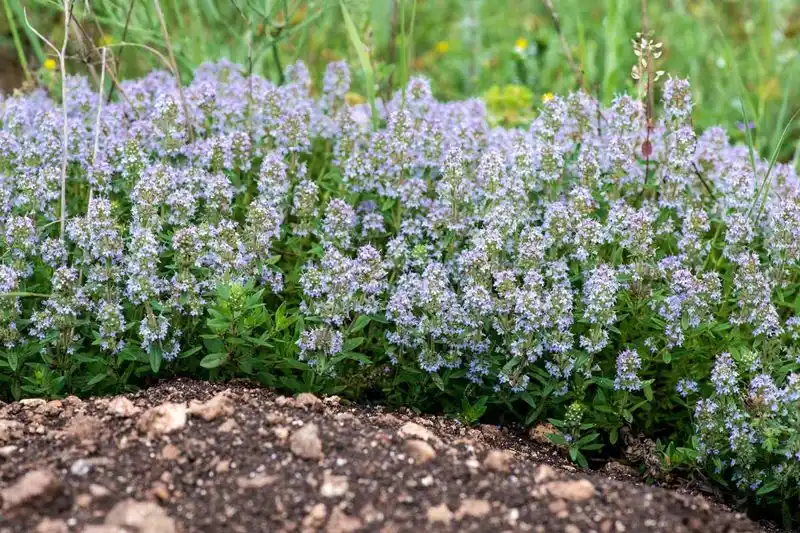
Thyme’s powerful scent belies its tiny leaves, providing a strong defense against garden pests. The aroma wards off cabbage worms and whiteflies effectively. Imagine a herb garden where thyme creeps along the edges, its scent forming an invisible shield around precious plants. Beyond its pest-repelling qualities, thyme adds a delightful flavor to a variety of dishes, offering culinary versatility. Did you know? Ancient Egyptians used thyme in embalming rituals, highlighting its historical significance. This small yet mighty herb is a staple in both the kitchen and garden.
Lemongrass
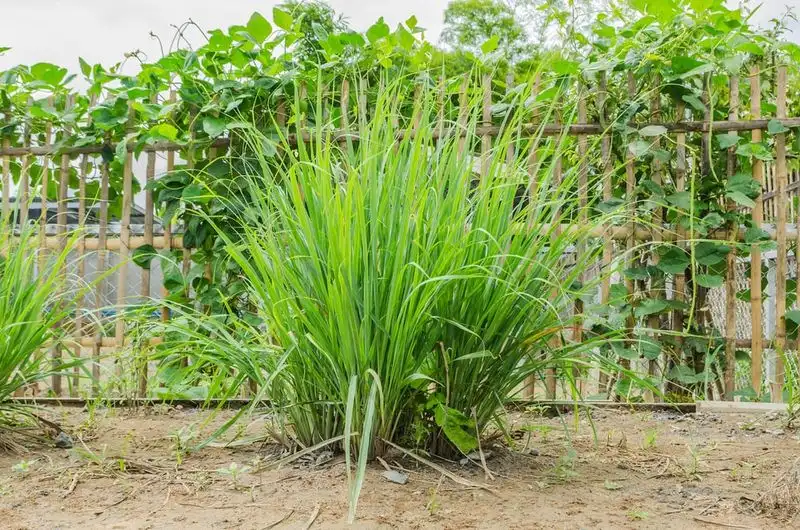
Lemongrass does more than add a citrusy zing to dishes; its fragrance repels mosquitoes effectively. Picture a warm evening where lemongrass grows along paths, its scent mingling with the air, creating a protective barrier against flying nuisances. Beyond pest control, lemongrass is known for its soothing properties in teas and as a culinary delight. Fun fact: Lemongrass is often used in aromatherapy for its calming effects. Its dual role in enhancing flavors and deterring pests makes it a valuable addition to gardens.
Catnip
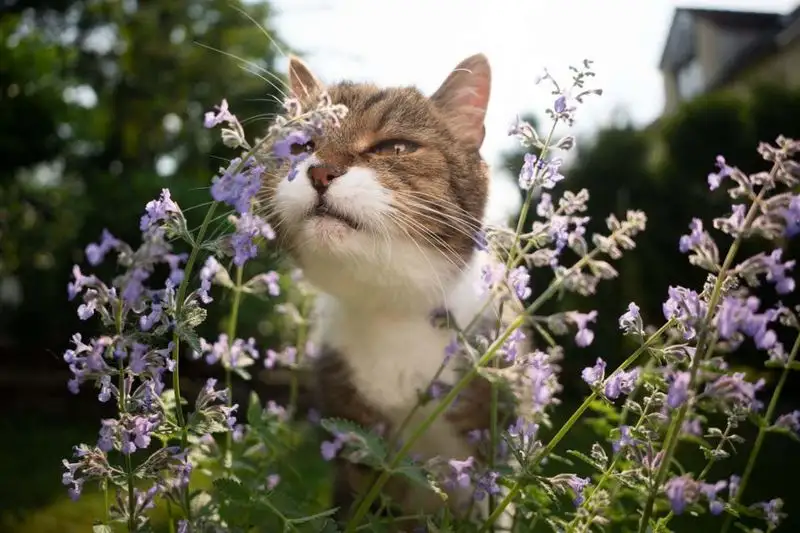
Catnip isn’t just for feline friends; its potent scent also deters mosquitoes and other insects. Picture a garden where catnip grows freely, its aroma creating a natural insect barrier. Beyond pest control, catnip is known to stimulate cats’ playful behavior, making it a favorite among pet owners. Historically, catnip was used in herbal remedies for its calming effects on humans. This dual-purpose herb serves both as an effective pest deterrent and a source of joy for your furry companions.
Geranium
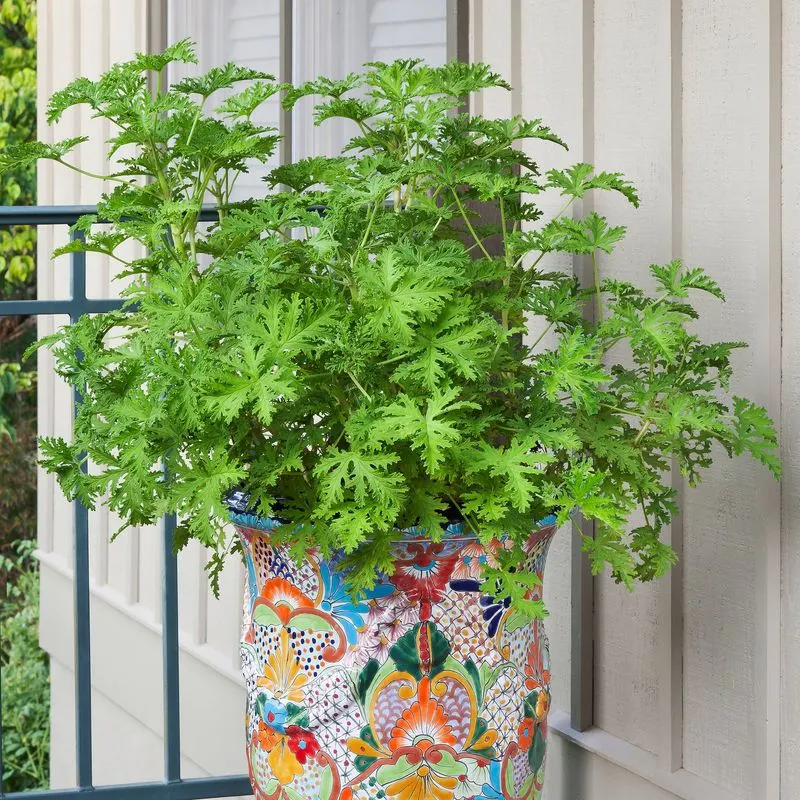
Geraniums are a gardener’s favorite not just for their beauty but for their pest-repelling properties. The scent of geranium leaves deters mosquitoes and other unwanted insects. Envision a garden where geraniums add vibrant color and an aromatic shield against pests. Historically, geranium oil was used in lotions for its soothing qualities. It’s an herb that combines aesthetics with functionality, making it a popular choice for ornamental and protective purposes in gardens.
Chives
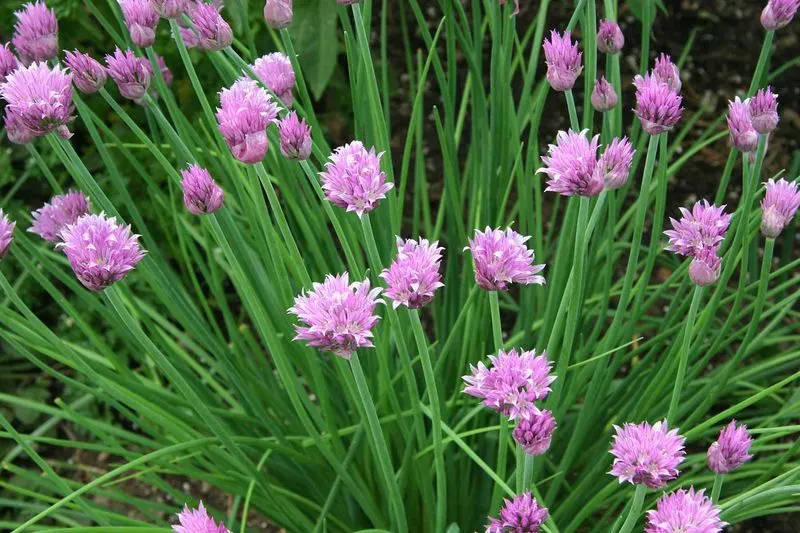
Chives not only add a mild onion flavor to dishes but also repel garden pests. Their scent deters aphids and Japanese beetles effectively. Imagine a garden where chives stand tall, their aroma enveloping nearby plants with protection. Beyond pest control, chives’ blossoms attract beneficial insects, supporting a healthy ecosystem. Fun fact: Chives have been cultivated for over 4,000 years, showcasing their enduring appeal. This versatile herb enriches both culinary creations and garden health.
Parsley
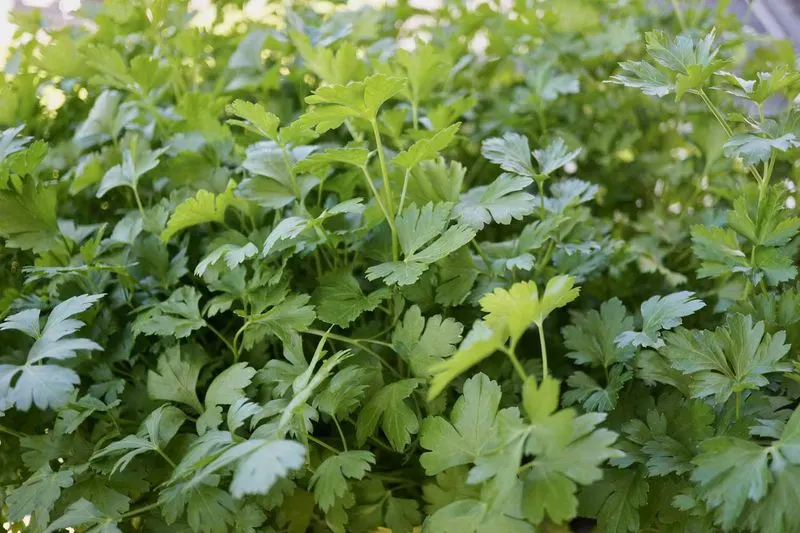
Parsley isn’t just a garnish; it’s a powerhouse for plant growth. Its presence enhances the health and flavor of nearby plants like tomatoes and roses. Picture a thriving garden where parsley grows alongside other herbs, its vibrant leaves contributing to a harmonious plant community. Beyond its companion planting benefits, parsley is rich in vitamins, supporting human health. Did you know? Parsley was historically used as a breath freshener. Its dual role in the garden and kitchen underscores its versatility and value.
Cilantro
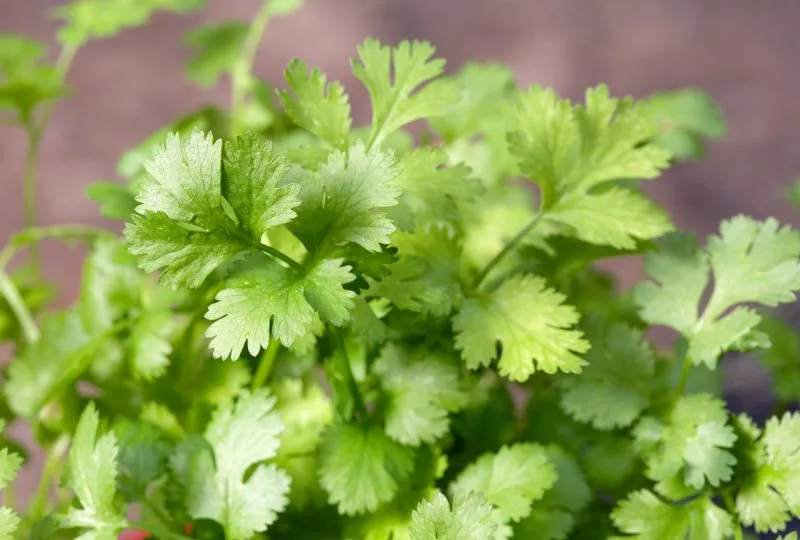
Cilantro, known for its fresh, tangy flavor, also benefits neighboring plants by attracting beneficial insects. Envision a garden where cilantro’s presence boosts the vitality of other herbs, its leaves dancing in the breeze. Beyond its companion planting advantages, cilantro is a culinary staple in various cuisines, enriching dishes with its distinctive taste. Fun fact: Cilantro was one of the first spices cultivated by early settlers in America. Its ability to enhance both gardens and meals makes it a cherished choice among gardeners.
Dill
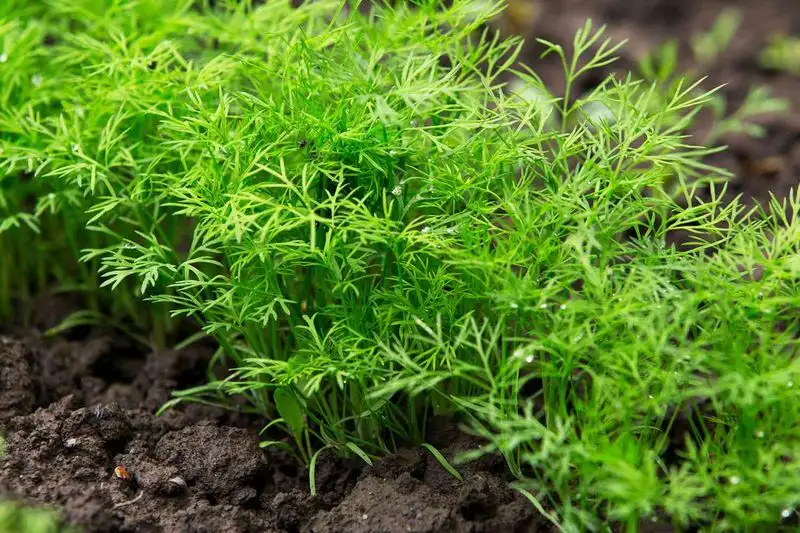
Dill’s feathery foliage does more than flavor pickles; it acts as a beneficial companion for vegetables like cabbage and lettuce. Visualize a garden where dill stands alongside tender greens, its presence encouraging robust growth. Beyond its garden benefits, dill is revered for its digestive properties in culinary uses. Did you know? Dill was used by ancient Greeks as a symbol of wealth. Its dual-purpose nature makes it an integral part of any garden, providing both culinary delight and plant support.
Borage
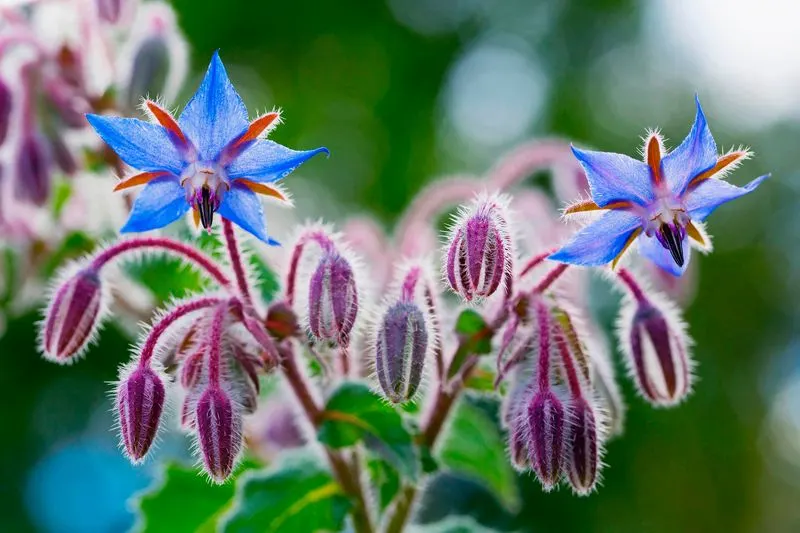
Borage is celebrated for its enchanting blue flowers and ability to boost the growth of strawberries and other plants. Picture a garden where borage shares space with strawberries, its flowers attracting pollinators and enhancing plant vigor. Beyond its companion planting prowess, borage is used in herbal teas for its soothing properties. Fun fact: Borage was historically believed to bring courage. This herb’s ability to support plant health and add beauty to the garden makes it a beloved choice among gardeners.
Marigold
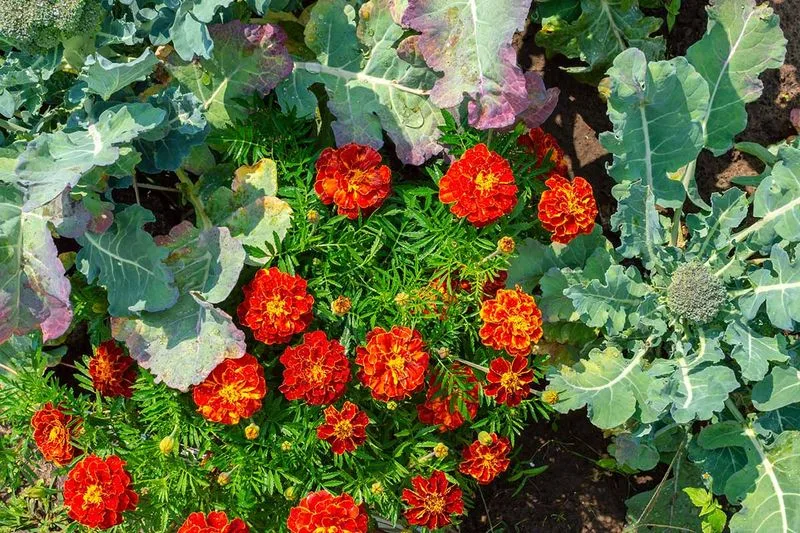
Marigolds are more than just vibrant blooms; they protect neighboring plants from pests like nematodes. Envision a garden where marigolds create a colorful barrier, safeguarding vegetables with their presence. Beyond pest control, marigolds are known for their ability to improve soil health. Did you know? Marigolds were used in ancient rituals to ward off evil. This hardy flower’s dual role in providing beauty and protection makes it indispensable in any garden setting.

